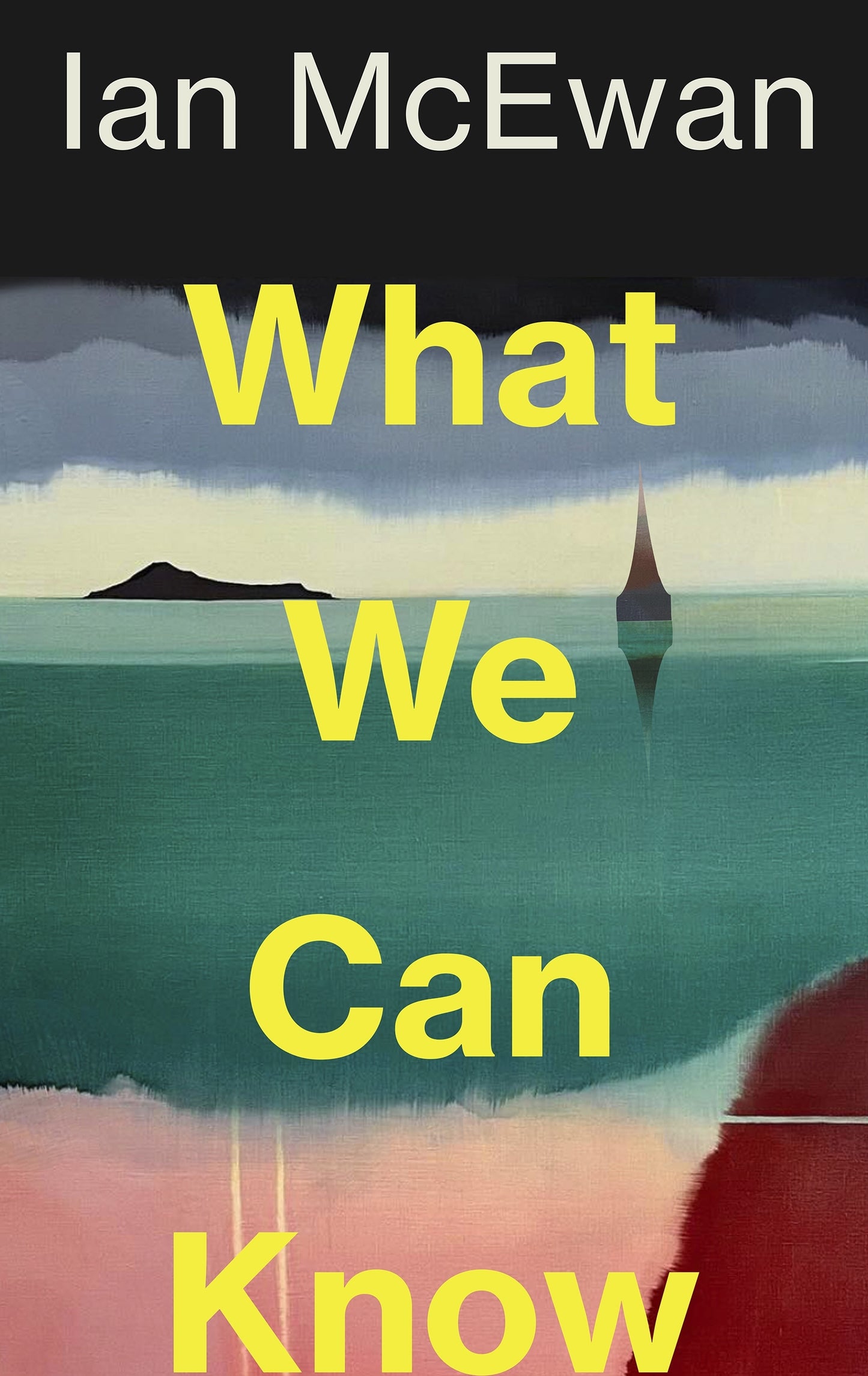Ian McEwan
What We Can Know
What We Can Know
Couldn't load pickup availability
From 2014 to the year 2119, in a world submerged by rising seas, What We Can Know spans the past, present and future to ask profound questions about who we are and where we are going. A masterpiece and Ian McEwan's finest novel yet.
Susan's Review
I was first hooked by Ian McEwan’s writing when I read his disturbingly visceral short story collections, First Love, Last Rites and In Between the Sheets, published in the 1970s. Since then, I’ve been an unabashed fan of many of the seventeen novels that followed; Atonement, published in 2001, remains one of my favourite works of contemporary fiction for its psychological astuteness, its depiction of the futility of war and its provocative view of the nature and purpose of writing. While I haven’t been particularly enamoured of McEwan’s more recent work, it’s been a great pleasure to read an advance copy of his eighteenth novel, What We Can Know. This is McEwan at the top of his game as a skilled storyteller and elegant stylist; as a novelist for whom both philosophical ideas and complex emotions have a particular ethical urgency in the context of the ravages of climate change and nuclear catastrophe.
And yes. What We Can Know is another example of dystopian fiction: what critics have dubbed cli-fi (a subset of sci-fi). While there’s a danger of reader fatigue or even indifference to an increasingly familiar genre, McEwan’s dystopian narrative combines an intriguing literary mystery with a plea for the humanising effects of poetry and the arts. As its title suggests, What We Can Know is also a meditation on the inevitably partial nature of knowledge. The overall effect is a highly intelligent and engaging exploration of how we might create a better future.
Part One of the novel, set in 2119, is narrated in the first person by an academic called Thomas Metcalf. While much of his homeland, the United Kingdom, has been submerged by rising sea levels, Metcalf remains determined, to the point of obsession, to search the archives to solve a literary mystery: the disappearance in 2014 of a poem by renowned (fictional) poet Francis Blundy. While several reviewers have criticised this section for its slow pace and abundance of literary references, I found the debates about the value of art particularly absorbing. I also disagreed with those reviewers who couldn’t warm to the morally flawed and often unlikeable characters. Why must characters be relatable and sympathetic? On whose authority? Isn’t Satan in John Milton’s epic poem Paradise Lost far more interesting than those smugly virtuous angels?
Part Two of the novel is set in 2014, and is narrated in the first person by Vivien Blundy, the wife of the famous poet (with echoes of Vivienne, the first wife of T.S. Eliot). While Part One focuses on academic debates, this shift back in time is a profoundly moving ‘solving’ of the literary mystery, reminiscent of A.S. Byatt’s Possession. The use of different perspectives and surprising twists in the plot echoes Hernan Diaz’s novel Trust. If you enjoyed both these wonderful novels, you’ll take great pleasure in What We Can Know. Above all, the novel will encourage you to reflect on how a globally exponential increase in knowledge of the past and in the present won’t necessarily create a more just and humane society in the future.
What We Can Know will be released in late September. You can pre-order a copy now at the Lane Bookshop.
Publisher Review
From 2014 to the year 2119, in a world submerged by rising seas, What We Can Know spans the past, present and future to ask profound questions about who we are and where we are going. A masterpiece and Ian McEwan's finest novel yet.
'One of the finest writers alive' Sunday Times
2014: A great poem is read aloud and never heard again. For generations, people speculate about its message, but no copy has yet been found.
2119: The lowlands of the UK have been submerged by rising seas. Those who survive are haunted by the richness of the world that has been lost.
Tom Metcalfe, a scholar at the University of the South Downs, part of Britain's remaining archipelagos, pores over the archives of the early twenty-first century, captivated by the freedoms and possibilities of human life at its zenith.
When he stumbles across a clue that may lead to the great lost poem, revelations of entangled love and a brutal crime emerge, destroying his assumptions about a story he thought he knew intimately.
A quest, a literary thriller and a love story, What We Can Know is a masterpiece that reclaims the present from our sense of looming catastrophe, and imagines a future world where all is not quite lost.
'A true master' Daily Telegraph
'McEwan is one of the most accomplished craftsmen of plot and prose' New York Times
Share


